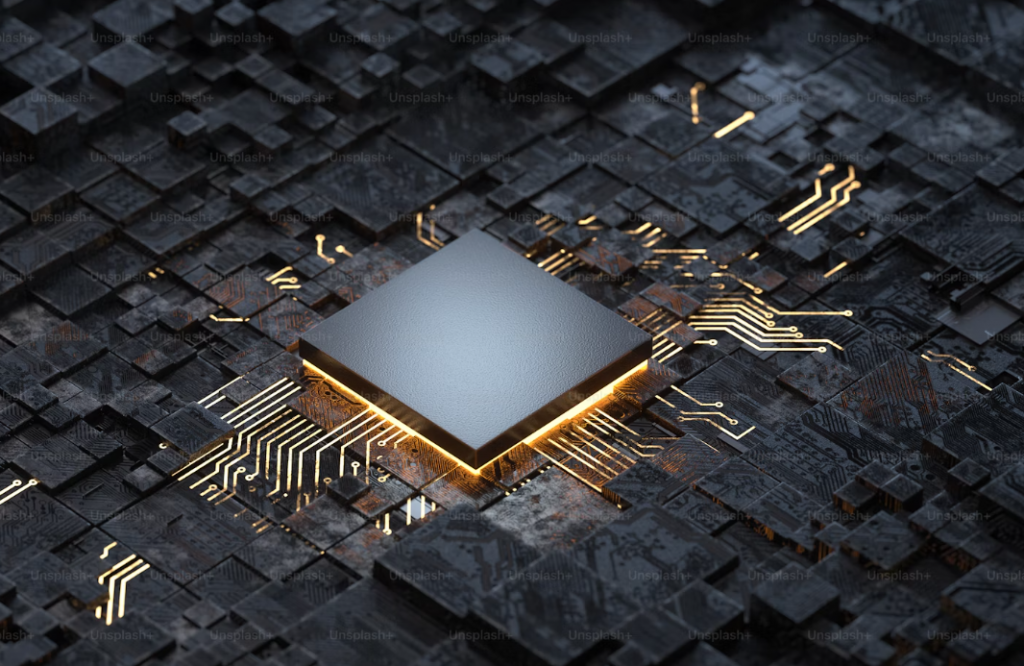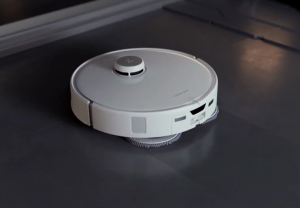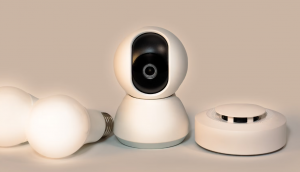Future Trends in Artificial Intelligence for Smart Homes
Introduction
Artificial Intelligence (AI) is revolutionizing the concept of smart homes, bringing automation and advanced capabilities that redefine how we interact with our living spaces. As technology evolves, AI is set to play a pivotal role in shaping the future of smart homes, enhancing convenience, efficiency, and security like never before.
Current State of AI in Smart Homes
In recent years, AI has been increasingly integrated into smart home devices, ranging from smart thermostats to AI-powered security cameras. These devices leverage AI to learn user preferences, anticipate needs, and automate tasks, thereby simplifying daily routines.
Integration of AI with IoT
The synergy between AI and the Internet of Things (IoT) is transforming smart homes. AI algorithms analyze data from interconnected devices to optimize energy usage, improve device interoperability, and enhance overall system intelligence.
Voice Assistants and AI
Voice assistants, driven by AI technologies such as natural language processing (NLP), enable hands-free control of smart home devices. These assistants not only respond to commands but also learn from interactions to provide more personalized responses over time.

AI and Energy Efficiency
One of the significant benefits of AI in smart homes is its ability to monitor and adjust energy consumption in real-time. AI-powered systems can analyze usage patterns and environmental factors to optimize energy usage, leading to reduced costs and environmental impact.
Security and AI
AI strengthens home security through advanced analytics and pattern recognition. AI-driven cameras and sensors can distinguish between normal activities and potential threats, alerting homeowners or authorities promptly in case of suspicious behavior.
Personalization and AI
AI learns user preferences and behavior to tailor experiences in smart homes. From adjusting lighting based on mood to recommending entertainment options, AI enhances comfort and convenience by adapting to individual needs.
Healthcare Applications
In the healthcare sector, AI-enabled devices monitor vital signs, remind patients to take medications, and even detect anomalies early on. In smart homes, such technologies promise to bring proactive health management closer to individuals.

Challenges of AI in Smart Homes
Despite its advantages, AI in smart homes faces challenges such as data privacy concerns and the reliability of autonomous systems. Addressing these issues is crucial to fostering trust and widespread adoption of AI technologies.
Ethical Considerations
Ethical considerations around AI involve transparency in data usage, fairness in algorithms, and ensuring AI decisions align with user values. Balancing innovation with ethical principles is essential for the responsible deployment of AI in smart homes.
Future Innovations in AI for Smart Homes
Looking ahead, advancements in AI technology are expected to bring even more sophisticated capabilities to smart homes. From AI-driven predictive maintenance to enhanced natural language understanding, the future holds exciting possibilities for AI integration.
Impact of AI on Daily Life
AI’s impact extends beyond mere automation, influencing how we interact with our homes on a daily basis. By handling routine tasks and offering personalized experiences, AI enables homeowners to focus more on activities that matter.
Market Trends and Investments
The AI market in smart homes is witnessing rapid growth, driven by increasing consumer demand for connected devices and automation. Investments in AI technologies continue to pour in, fueling innovation and expanding the scope of smart home applications.
Conclusion
In conclusion, the future of smart homes is inseparable from the evolution of AI. As AI technologies advance, smart homes will become more intuitive, secure, and energy-efficient, enhancing the quality of life for residents worldwide.
FAQs
- What are the primary benefits of AI in smart homes? AI enhances convenience through automation, improves energy efficiency, and strengthens home security with advanced monitoring capabilities.
- How does AI enhance security in smart homes? AI-powered systems analyze data from sensors and cameras to detect anomalies and potential threats, alerting homeowners promptly.
- Can AI devices improve energy efficiency effectively? Yes, AI algorithms optimize energy usage by analyzing patterns and adjusting settings in real-time, leading to significant savings.
- What are the potential risks of using AI in home automation? Risks include data privacy concerns, reliability issues with autonomous systems, and potential misuse of AI-driven technologies.
- How will AI influence healthcare monitoring at home? AI-enabled devices will monitor health metrics, remind patients of medications, and even detect health anomalies early, enhancing personal health management.
This format ensures the article is structured, informative, and engaging, tailored for SEO and readability while adhering to your requirements.














Post Comment